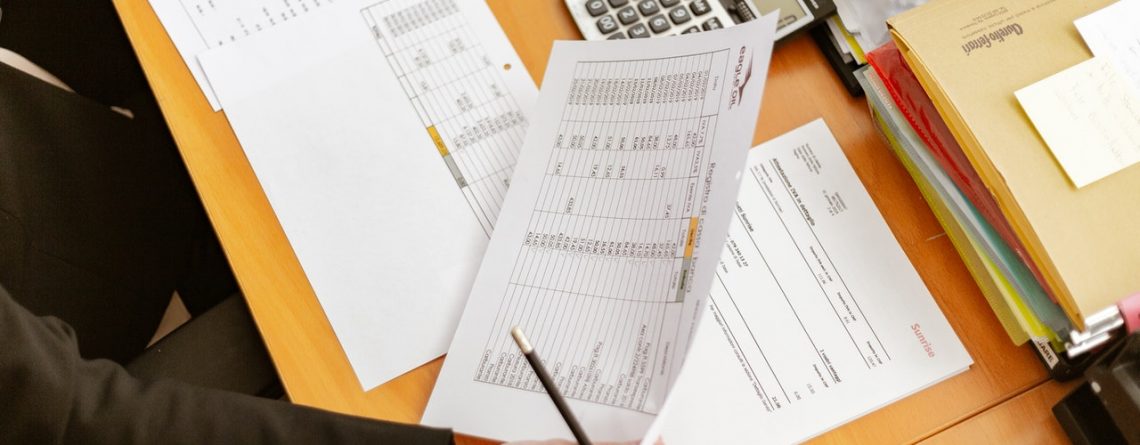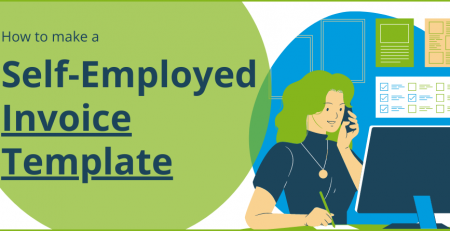Surviving a Tax Audit. What Small Business Owners Need to Know
HMRC has selected you for a tax audit. That is the kind of letter or phone call that most small business owners don’t want to get.
A tax audit is never easy, but keeping things organised and communicating well with your accountant can help you through the process with a bit more confidence.
When HMRC does a tax audit, they look at your tax affairs to make sure the information you have given is accurate, including whether you:
- Declared all the income you received
- Are entitled to deductions, credits or tax offsets you claimed
- Correctly withheld and reported PAYE amounts
- Correctly calculated and reported other tax-related obligations
HMRC’s computer systems can reveal irregularities and unusual transactions very easily. They have made the message clear – if you are not paying the right amount of tax, there is a high chance you are going to be caught.
You won’t need to worry about your tax audit if you follow a few simple tips beforehand.
Keep accurate, up-to-date records
Poor record keeping is a common problem amongst small business owners. It’s a good idea to get your hands on some easy accounting software to take care of your books. The program should be up to date with all tax regulations to ensure your compliance. All you need to do is enter your information regularly. It is helpful to speak with your accountant often as they will know which deductions apply to you. Keep in mind that you are responsible for any mistakes or omissions, so it really does pay to be up to date.
Always double check before filing your tax return
The majority of changes that need to be made in tax returns are because of mathematical errors. Especially when doing work manually, it is easy to add up columns incorrectly or apply the wrong percentage. Using software like Cashflow Manager helps cut down these kinds of errors in your figures. Always look over your figures again to ensure there are no discrepancies before you send them off.
Keep documents for at least 7 years
Most audits are conducted on the previous year’s tax return, but auditors can go back to previous tax returns if they believe you have largely understated your taxable income. By keeping all your documentation from the last five years you are able to back up any claims you have made.
If you notice an error correct it right away
If you realise you have made a mistake, come clean about it. If you do state you have made errors at the start of the audit, HMRC may reduce any penalties you may incur.
What to do if you are audited
If you have received word that you are going to be audited here are a few hints that will help you through the process.
- If you are going to be audited you will probably receive a letter from HMRC outlining the scope of the audit. Don’t do anything until you have spoken with your accountant.
- Your accountant should be able to explain clearly what HMRC is asking for and what they want to look at.
- Specify one person only to be the contact point with HMRC. This could be your accountant or another professional adviser.
- Take notes at every meeting. Obtain a copy of any HMRC recording if one is made.
- Watch what you say. Be courteous and respectful when you are dealing with auditors. It’s also best to limit what you say instead of engaging in idle chit chat.











Leave a Reply